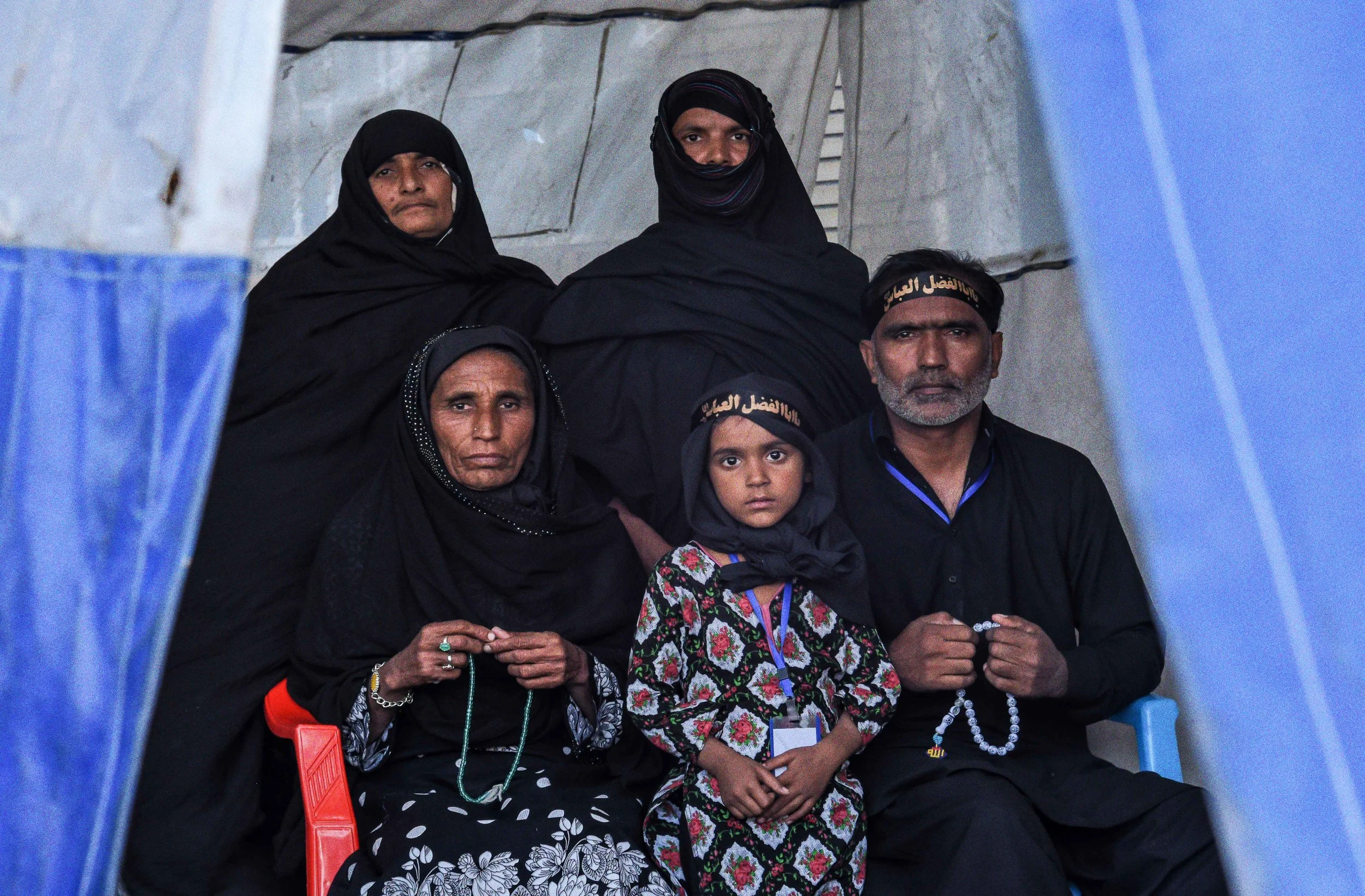CASE STUDY 19
SRHR Health System Strengthening for Disaster Preparedness
Pakistan

Context
During the 2022 floods in Pakistan, many reproductive health services became inaccessible. SRHR was not a priority in emergency responses, often overshadowed by more pressing needs, such as shelter and food. Women experienced restricted access to contraceptives, antenatal care, menstrual hygiene, and safe delivery services. These gaps highlighted the urgent need to integrate SRHR into disaster preparedness and response. MSS and MSI found that both government departments and humanitarian actors often overlook or deprioritise SRHR in times of climate crisis. Ministries working on health, population, and climate frequently operate in silos, lacking coordination. Stigma around abortion and contraception, especially in conservative communities, makes SRHR advocacy even more complex in emergency settings.
Organization
MSI Reproductive Choices is a global leader in sexual and reproductive health and rights (SRHR), with active programs in over 36 countries, including South Asia (Afghanistan, Bangladesh, India, Nepal, and Pakistan). Its in-country partner, Marie Stopes Society (MSS) Pakistan, has been operating for over 30 years, focusing on ensuring reproductive health rights and services for women across Pakistan, particularly in underserved and hard-to-reach areas. Based in Australia, MSI Asia Pacific is a part of the global MSI Reproductive Choices partnership. It supports MSS and other country programs through advocacy, policy engagement, regional grant management, and income generation. The organisation has been working on integrating SRHR and climate resilience, including disaster preparedness, into programming. Their work is grounded in community and stakeholder engagement, evidence generation, and a growing focus on climate-vulnerable regions.
Approach
MSS, supported by MSI Asia Pacific, works on both service delivery and systemic change. On the ground, their health outreach teams provide contraceptives, maternal health care, and other SRHR services to climate-affected and marginalised populations. They also deliver awareness-raising and community education, often in areas with limited access to SRHR services and low literacy rates.
At a strategic level, they engage with ministries and humanitarian partners to advocate for the inclusion of SRHR in climate adaptation plans and emergency response frameworks. This includes integrating SRHR in preparedness toolkits, standard operating procedures, and local-level interventions. Their focus is not only on direct health services, but also on influencing policy and funding priorities, and ensuring that the SRHR-climate link is recognised institutionally.
Results to Date
During the 2022 floods, MSS was one of the key SRHR responders in many areas. Their experience in providing health services in emergency conditions enabled them to act quickly. They identified clear gaps in menstrual hygiene, maternal care, and access to contraceptives during the flood response and stepped in to fill them. This direct experience strengthened their argument for integrating SRHR in emergency planning at both local and national levels.
The team has piloted approaches that start with community engagement and subsequently influence formal structures—such as training community workers, holding consultations, and participating in technical working groups. There is now increased interest from government partners and donors in integrating SRHR and climate change.
While systemic shifts are still ongoing, MSS Pakistan has seen an increase in local and community-level support. Stakeholders now turn to them for tools and guidance. Their documentation of client voices has been instrumental in highlighting lived experiences and promoting community-centred service delivery.
“Oftentimes, the impact on women and sexual reproductive health and rights gets forgotten in climate debates. On the ground, though, the reality is that access to services, exacerbation of poverty, and gender-based violence are already unfolding.”
DR. SYED KHURRAM AZMAT
PDF Resilience Rising: Case Studies of Impact at the Climate-SRHR Nexus Across South Asia


